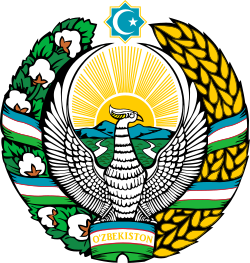Public-Talk #22. PROMOTING SDG 5 GENDER EQUALITY: THE POWER OF LANGUAGE – BY MS. ELENA BOTANINA, 19 MAY, 2023
Area: Gender Equality, Sustainability, United Nations, Gender Studies, Human Rights, Non-Discrimination
Speaker: Ms. Elena Botanina is an expert in program coordination, event organization, and communication, with a particular focus on human rights, gender equality, and women's empowerment. With over 10 years of experience working in various roles in the non-profit sector across Ireland, Cambodia, Russia and Belgium, Elena has gained extensive expertise in these areas. She also runs her own project aimed at empowering young people, with a particular focus on young women, to pursue a career in the non-profit sector in international organizations, including the UN. Currently, Elena is working on her Master's Thesis titled ‘Women in Politics: The Importance of Mentorship Programmes for Training and Career Development’.
Source: Release and Post Release
OVERVIEW
A guest lecture on ‘Gender Equality: The Power of Language’ was held online by an expert with over 10 years of experience working in various roles in the non-profit sector across Ireland, Cambodia, Russia and Belgium, runs her own project aimed at empowering young people with a particular focus on young women to pursue a career in the non-profit sector in international organizations, including the United Nations (UN).
During the lecture, Ms. Gulnoza Juraeva, Head of TSUULL Women’s Committee and students discussed the gender stereotypes issues and were encouraged to refuse or agree with them in the form of a quiz. Later, the stereotypes were proven false or true based on the statistics driven by the world's researchers. The current topic has also been closely looked at from the World vs. Uzbekistan perspective. The statistics were provided on gender equality in relation to leadership, poverty and unpaid work.
The talk kicked off with a discussion on the cases where the participants have encountered gender inequalities on their daily-basis. The talk leaders along with the participants analyzed the cases individually and commented on each of them. In particular, ending gender identity-based discrimination, violations of all forms and harmful practices, recognizing the contribution of all women in all spheres of life, ensuring equitable representation, providing equitable access to technology and economic resources have been mentioned as some of the tenants of the UN’s SDG 5 on achieving gender equality and empowering women and girls.







